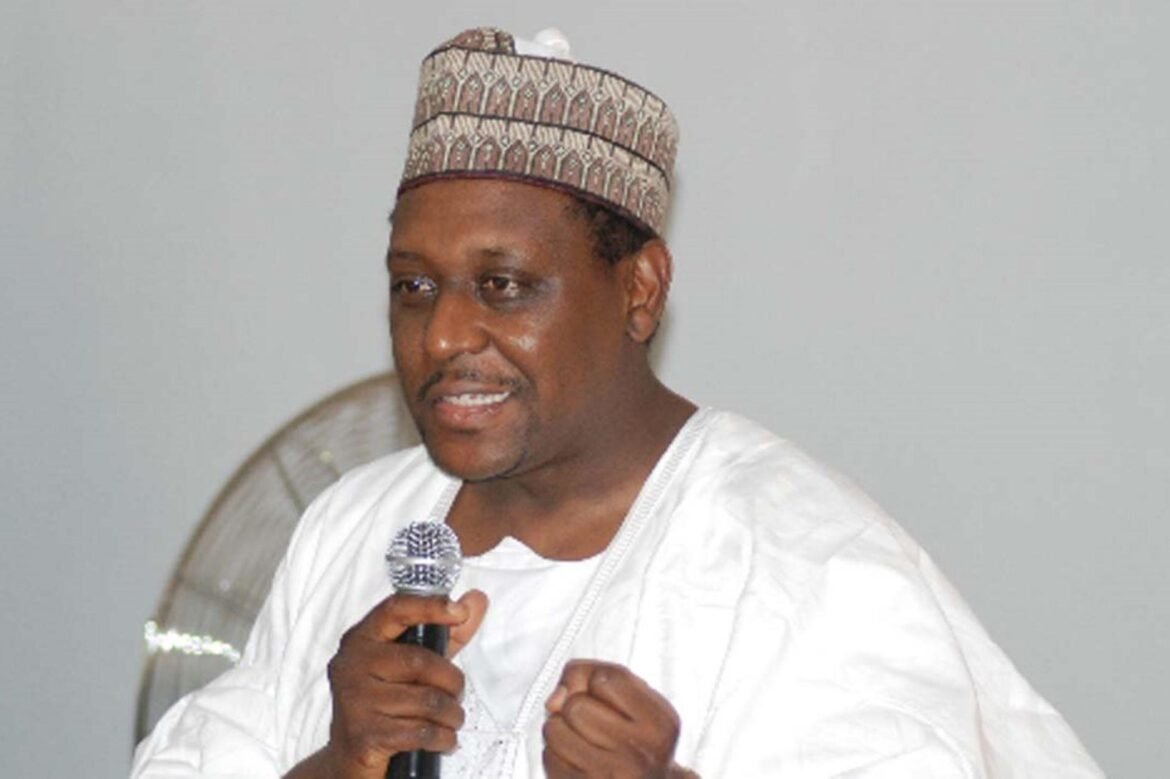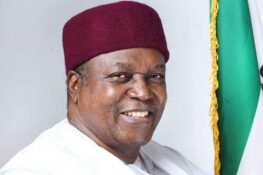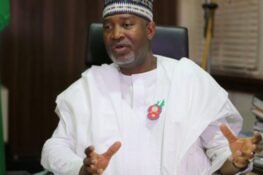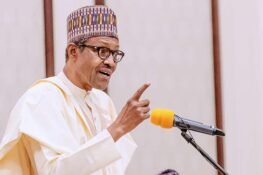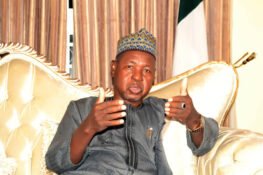Honourable Godwin Ogah, Chairman, House of Representatives Committee on HIV/AIDS, Tuberculosis, and Malaria, has called for increased domestic funding and strategic interventions to combat tuberculosis (TB) in Nigeria.
Ogah made the call at the pre-World TB Day press briefing conference on Tuesday in Abuja.
He said that the country must take ownership of its TB response rather than rely on external donors.
He commended the efforts of TB Partnership Nigeria and other stakeholders for their continuous advocacy towards achieving a TB-free Nigeria by 2030.
According to him, while global efforts have saved 79 million lives since 2000, Nigeria still faces significant gaps in case detection, treatment and prevention.
Ogah said that the disease claims approximately 4,100 lives daily, with 27,000 people falling ill with TB worldwide each day, a situation that is preventable.
“The COVID-19 pandemic disrupted TB control efforts, causing many undiagnosed cases and untreated infections, which need to be identified and addressed urgently,” he said.
He commended the Federal Government for allocating N700 billion towards the fight against HIV/AIDS, TB, malaria, and immunisation.
The lawmaker said that the recent withdrawal of financial support from the U.S. for HIV/AIDS, TB, and malaria programmes in Nigeria posesd a major funding challenge.
“The withdrawal of U.S. funding is a wake-up call for Africa. We must take responsibility for our health sector and reduce our dependence on foreign aid,” he said.
:
He said that the House Committee had moved a motion in November 2024 urging the Federal Government to establish a private sector-driven TB Trust Fund, similar to the HIV and malaria funding models.
He said that the Committee had lobbied for at least 30 per cent of the Global Fund’s disease allocations to be directed toward TB, rather than the current 80 per cent focus on HIV/AIDS.
“There are plans underway to pass a law protecting TB patients from stigma and discrimination
“The committee will ensure transparency and accountability in fund disbursement, preventing mismanagement of TB intervention funds,” he said.
Ogah stressed the need to improve TB services, including better diagnostic access, treatment expansion, case management, and contact tracing.
He also stressed the importance of preventive therapy for those with latent TB infections.
To reduce TB mortality and transmission, he called for community-driven TB awareness campaigns, education of healthcare workers and active case finding, particularly in underserved areas.
“We must ensure that all Nigerians, regardless of their financial status, have access to quality TB treatment and services.
“We must remove the stigma associated with TB and involve communities in the fight against this disease,” he said.
As Nigeria joins the world to mark World TB Day on March 24, he reiterated the theme: “Yes! We Can End TB: Commit, Invest, Deliver.”
He urged all stakeholders, government, private sector, civil society organisations and the media to play their roles in eradicating TB.
“Nigeria can end TB, but only if we commit, invest, and deliver. No one will help us if we do not help ourselves,” he said.
